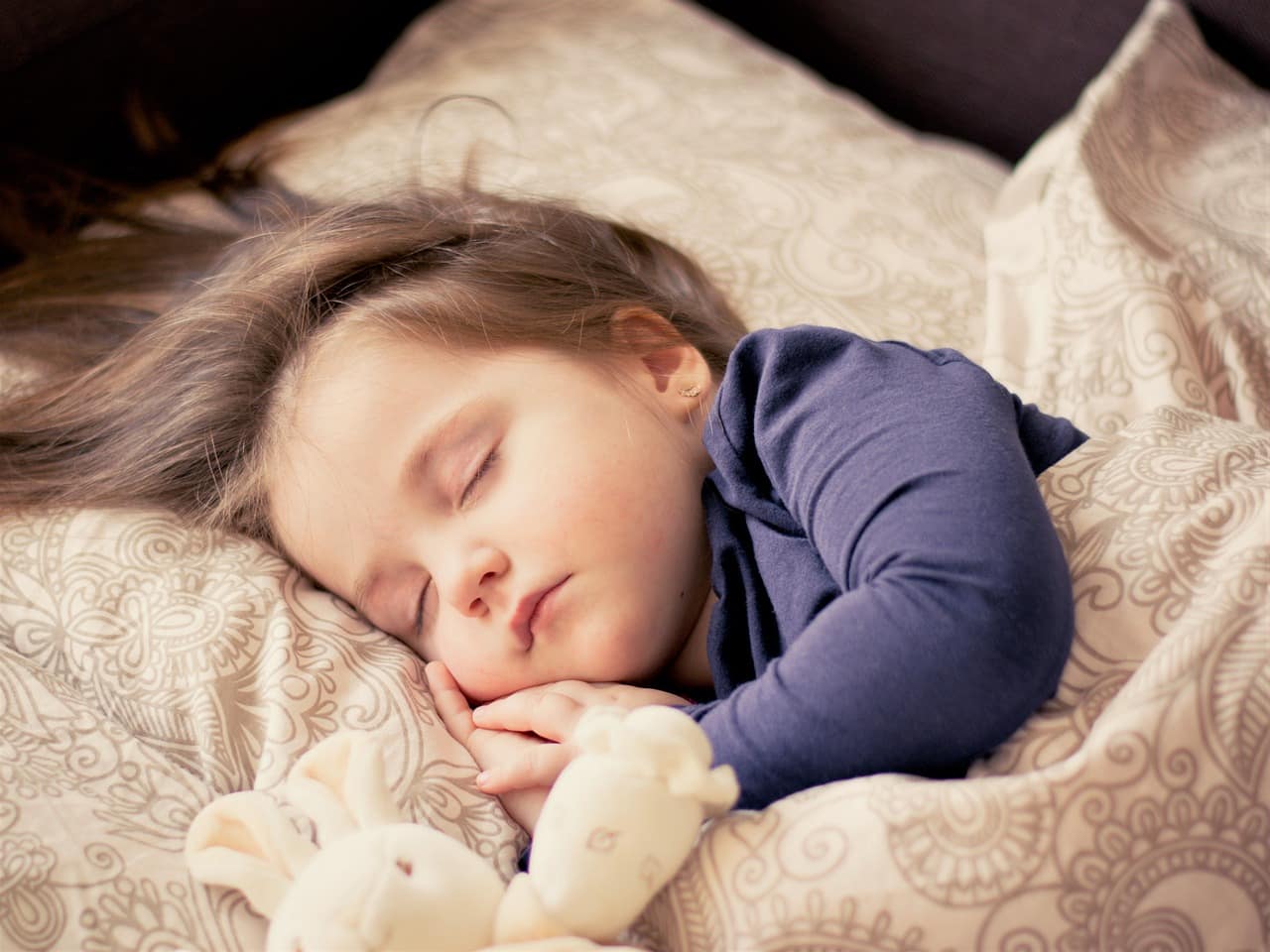Taking preventive measures to protect your children against unintentional injuries at home is essential. Each year more children die from preventable injuries than from all childhood diseases combined. With foresight and action, you can help prevent burns, cuts, falls, poisonings, drowning, choking, and other serious injuries.
Use these four checklists to ensure that your home is healthy and safe for the children living in it:
In the Bedroom
- Install smoke alarms outside bedrooms and on every level of the home.
- Test smoke alarms at least once a month and change batteries at least once a year.
- Practice fire escape routes and identify an outside meeting place.
- Place a baby to sleep on his or her back in a crib with no pillows or soft bedding underneath.
- Use a crib that meets national safety standards and has a snug-fitting mattress.
- Never use an electric blanket in the bed or crib of a small child or infant.
- Keep small toys, balloons, and small balls away from young children.
- Check age labels for appropriate toys. Make sure toy storage chests have safety lid supports.
- To prevent strangulation, use safety tassels for mini blinds and avoid strings on children's toys and pacifiers.
- Install carbon monoxide (CO) alarms outside bedrooms to prevent CO poisoning.
In the Bathroom
- To prevent poisonings, lock away all medicines and vitamins, even those with child-resistant packaging.
- Have syrup of ipecac on hand, but use only at the recommendation of a poison control center or physician.
- Never leave a young child alone in the bathroom, especially in a bath.
- Before bathing a child, always test bath water with your wrist or elbow to make sure it's not too hot.
- To prevent scalds, set the water heater thermostat to 120° F and install anti-scald devices.
- Make sure bathtubs and showers have non-slip surfaces and grab bars.
- Keep electrical appliances, like hair dryers and curling irons, out of the reach of children and away from water.
In the Kitchen
- Keep knives, plastic bags, lighters, and matches locked away from children.
- Avoid fires and burns by never leaving cooking food unattended, turning pot handles to the back of the stove, and keeping hot liquids and foods away from the edges of tables and counters.
- Make sure you and your children know the STOP, DROP, and ROLL procedure in case their clothes catch on fire.
- Keep appliance cords unplugged and tied up. Replace any frayed cords and wires.
- Securely strap young children in high chairs, swings, and other juvenile products.
- Do not give young children hard, round foods that can get stuck in their throats — like hard candies, nuts, grapes, popcorn, carrots, and raisins.
- Avoid scald burns by keeping children away from the hot water taps on drinking water coolers.
In all Living Areas
- To prevent asthma attacks, eliminate sources of mold, dust, and insects, such as cockroaches. If you have a pet, keep it and its bedding clean and keep the pet off the furniture.
- If you must smoke, avoid smoking in the house, and especially around children.
- Make sure furnaces, fireplaces, wood-burning stoves, space heaters, and gas appliances are vented properly and inspected annually.
- Use safety gates to block stairways (and other danger areas), safety plugs to cover electrical outlets, and safety latches for drawers and cabinets.
- Keep children — and the furniture they can climb on — away from windows.
- Install window guards (on windows that are not fire emergency exits).
- To prevent falls, keep hallways and stairways well-lit and use non-slip backing for area rugs.
- Keep cleaning solutions, pesticides, and other potentially dangerous substances in their original, labelled containers, and out of the reach of children.
- If you have guns or rifles in your home, store the firearms and ammunition in separate containers and lock them out of the reach of children.
- Learn First Aid and Cardiopulmonary Resuscitation (CPR).
- Keep an updated list of emergency telephone numbers, including your local poison control center, physician and hospital emergency room, next to every phone in your home.
- Make sure your family knows what to do during a natural disaster. In an earthquake, drop to the floor and get under something sturdy for cover; during a tornado, take shelter in a basement or an interior room without windows; and during a hurricane stay away from windows. Have handy supplies of food, flashlights, and water.
We would like to hear from you! If you have any questions, please do not hesitate to contact us. We are always looking forward to hearing from you! We will do our best to reply to you within 24 hours !

